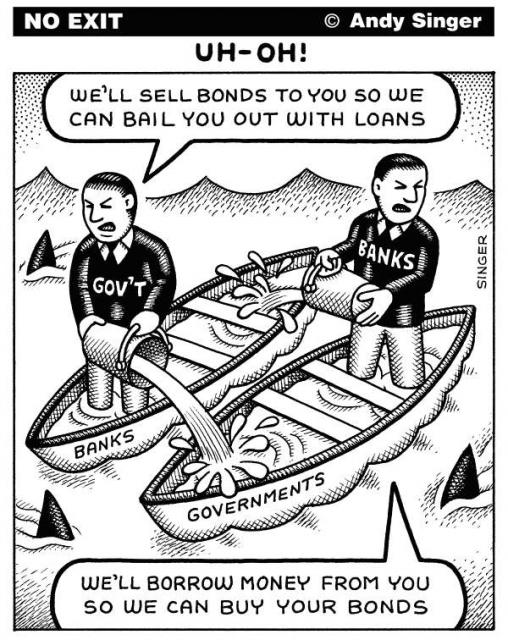Search
Democracy Links
Member's Off-site Blogs
we, the people .....

An April 2010 Pew Research Center (PRC) for the People & Press study and others report growing public anger, distrust, and hostility toward business and government because of a "perfect storm of conditions" - wrecked economies, fueling "epic discontent" toward responsible officials.
New People for the American Way (PFAW) Survey
Conducted in June, it showed:
- deep dissatisfaction with the political system;
- voters believing corporate influence on government policies is a "serious problem;"
- support for a constitutional amendment limiting corporate influence (specifically, funding parties and candidates to influence elections) "is broad and bipartisan;" and
- Americans saying they'd vote for candidates endorsing this idea.
Specifically:
- 63% of voters feel "things in the country are (on) the wrong track;" only 20% expressed positive views;
- 85% said corporations have too much political influence;
- 93% believe ordinary people have too little or none;
- 92% feel corporate influence is a problem, 56% calling it serious;
- Democrats and Republicans are part of the problem, not the solution, caring more about business than people;
- 95% said corporations spend money to buy influence;
- 93% want corporate spending limits imposed;
- 93% believe unlimited corporate spending influences elections and infringes on the public's rights, drowned out by big money;
- most Americans feel corporate spending isn't free speech;
- only one in four Americans knows about the Supreme Court's Citizens United v. Federal Election Commission (FEC) decision, permitting unlimited corporate political spending;
- when explained, 78% object, including the court equating spending with speech; it's not; it's bribery, influence buying, rigging the system to benefit them;
- nearly two-thirds reject the notion that corporations are people; they're not; they're businesses; the largest are giant ones in oligopoly and monopoly industries with interlocking directorates;
- about three-fourths feel unlimited corporate political spending harms the public interest;
- 89% support legislation mandating greater corporate political spending disclosure, and want ads saying which corporations paid for them;
- 62% believe greater disclosure isn't enough; and
- 82% feel Congress isn't doing enough to curb corporate influence; Congress, in fact, curries it.
Transparency International (TI) 2009 Global Corruption Survey
TI calls itself a "global civil society organisation (sic) leading the fight against corruption....," its 2009 survey showing a "growing distrust of business," saying most respondents in 69 countries believe corporations bribe public officials to buy influence, specific findings showing the following:
- private sector corruption is growing and worrisome;
- half of respondents would pay more to buy from a corruption-free company;
- political parties and the civil service are perceived as the most corrupt globally, the term corrupt public official, in fact, redundant;
- in some countries, the judiciary was called most corrupt; also the police;
- developing nations fared worst, but none are corruption-free;
- ordinary people aren't empowered to correct abuses; and
- governments do little to correct them when public officials are beneficiaries.
Overall, the results show "a public sobered by a financial crisis precipitated by weak regulations and a lack of corporate accountability." But people are also willing to actively support clean business. "What is needed now is bold action by companies (to correct) their policies and practices, and to report more transparently on finances and interactions with government."
Most important is public sentiment demanding responsible governance, not settling for ineffective, corrupted, collaborating ones, the common practice globally only grassroots activism can change.
- By John Richardson at 23 Jul 2010 - 8:40am
- John Richardson's blog
- Login or register to post comments
Recent comments
18 hours 7 min ago
20 hours 2 min ago
20 hours 23 min ago
20 hours 59 min ago
21 hours 46 min ago
22 hours 22 min ago
1 day 11 hours ago
1 day 20 hours ago
1 day 21 hours ago
2 days 7 hours ago